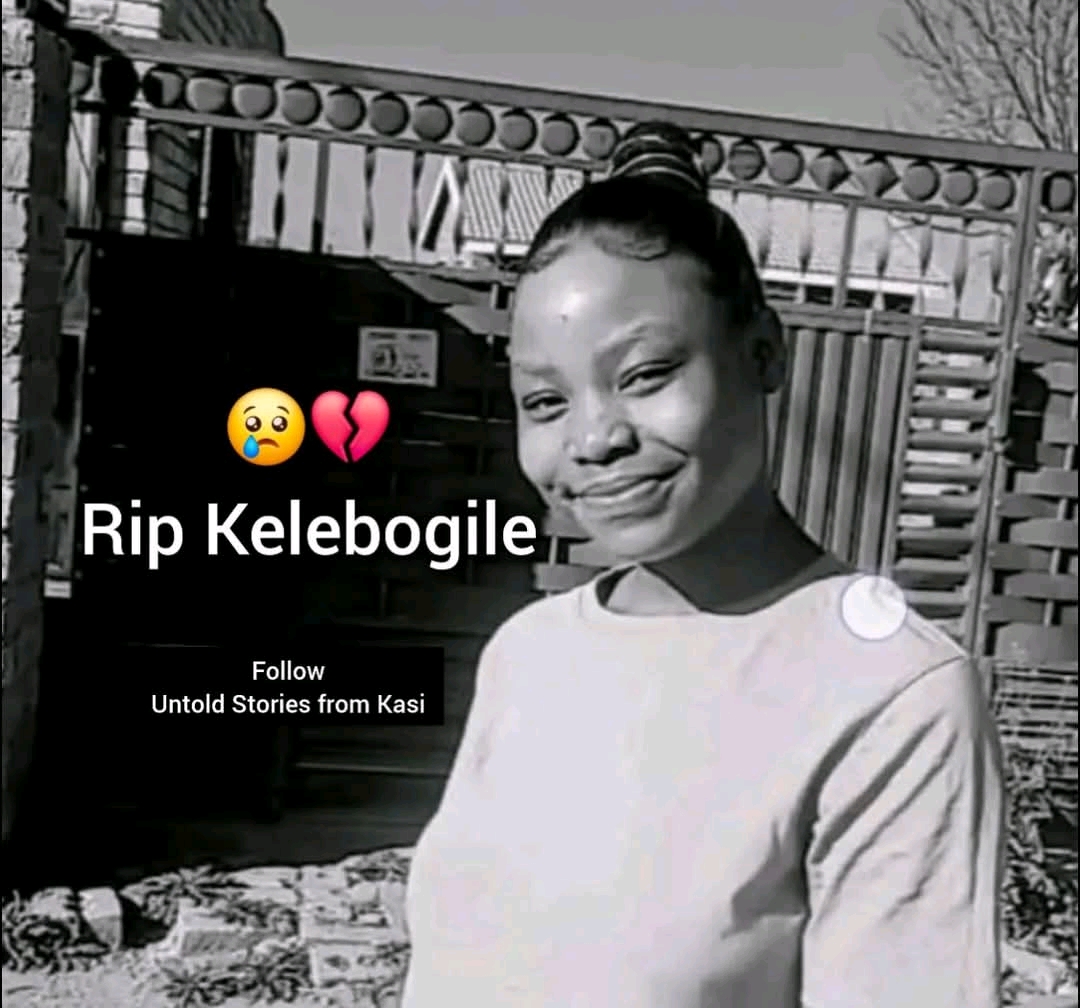
The community of Promosa and surrounding areas has been left heartbroken and deeply shaken following the tragic death of Kelebogile, who was allegedly killed and dumped at Promosa Dam by her boyfriend. Her death has ignited widespread grief, anger, and renewed calls for communities to take a strong, united stand against gender-based violence (GBV), a crisis that continues to claim countless lives across South Africa.
According to early reports, Kelebogile’s body was discovered at Promosa Dam, prompting an immediate investigation that led to the arrest of her boyfriend, who now stands as the primary suspect. He is expected to appear at the Potchefstroom Magistrate’s Court on **1 December 2025**, where the community is being urged to come out in full force to demand justice. Her supporters are encouraging everyone to wear **purple**, a colour that symbolises courage, justice, and the fight against GBV.
Community members, activists, and loved ones believe that showing up in large numbers is vital, not only to honour Kelebogile’s memory but also to send a powerful message that violence in intimate relationships will not be tolerated. The tragic incident has reopened painful wounds for many, reminding South Africans of how frequently women, children, and even men fall victim to domestic violence, often at the hands of people they trust.

Kelebogile’s friends and family have described her as a loving, warm, and spirited young woman whose future was stolen by senseless violence. They emphasised that her life cannot be allowed to fade into another statistic in a country already suffering under the weight of escalating GBV cases. For them, her memory must stand as a symbol of change, resilience, and community action.
Local organisations working to combat GBV have echoed this sentiment, stressing that awareness must be accompanied by visible action, support for victims, and accountability for perpetrators. They have urged the community to use this moment not only to mourn but also to empower one another, support survivors, and demand stronger systems that protect vulnerable individuals before tragedy occurs.
The call to attend the court appearance is part of a broader push for justice, accountability, and recognition of the devastating toll that gender-based violence continues to inflict on families. Activists argue that the legal process must reflect the seriousness of the crime and ensure that justice is served without delay. They also hope that public presence at court will emphasise that the community is watching and will not be silent.
As the community prepares for 1 December, many are reflecting on the painful reality that no woman, child, or man deserves to die at the hands of someone who claims to love them. Kelebogile’s death is yet another chilling reminder that the fight against GBV requires constant vigilance, collective action, and unwavering support for victims.
Her story has become a rallying point for many who believe that enough is enough. South Africa continues to mourn, but it also continues to rise—determined to protect one another and to ensure that Kelebogile’s name is remembered, honoured, and never forgotten.




